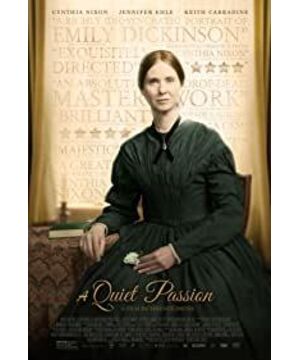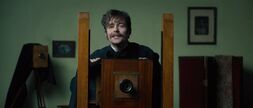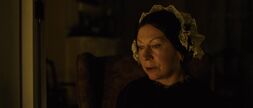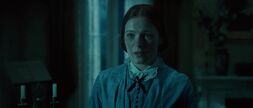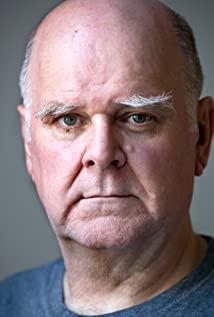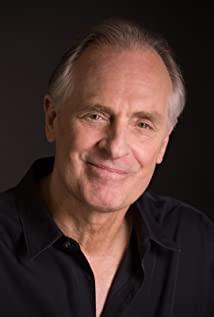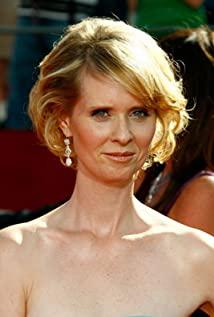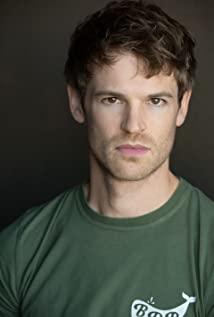The opposite of poetry is trivial life, for money, for the uncertain relationship between people. Humans are always restless with the status quo, which is good and bad. It's hard to be moderate, and when you get it, you want more. Not just in money, but in personal pursuits. Poetry is good, life is good. Always want to live better, more comfortable and happy. Most of this film is arguing, perhaps to restore an ordinary Dickinson, not a deified Dickinson. It opens with an indoctrination of Dickinson's opposition to religious schools, and the director seems to want to use this point of view throughout Dickinson's life. She has always looked at others for the sake of some lofty ideas and special ideas in her heart, and was more harsh to others, even her own younger brother. What the director shows is just a small part of her life. I just can't believe that the person who wrote that kind of poetry should be someone who can endure loneliness.
The director's expression is that she is very eager for the opposite sex, which is not incomprehensible in that era when there was no Internet and in that era when marriage depended on ballroom dancing. But there seems to be some excess that makes the whole character unreal.
Throughout the film, there are many voice-over verses through the changes in her life. Poetry that expresses an attitude is never just a high-level use of language, but a high-level language to express deep inner emotions.
Finally, attach a poem that I liked Dickinson very much two years ago.
One day, we will reunite with those we once loved.
They are safe in death, and we must cross death to see them again. Thinking of this, I felt a little comfort. There is no death, dear ones, and the grave is just a place where we lament for them. How infinite if this is the last day "the last" - what we hadn't guessed was our final meeting
(I didn't even remember the title of the poem, fuck!)
View more about A Quiet Passion reviews


